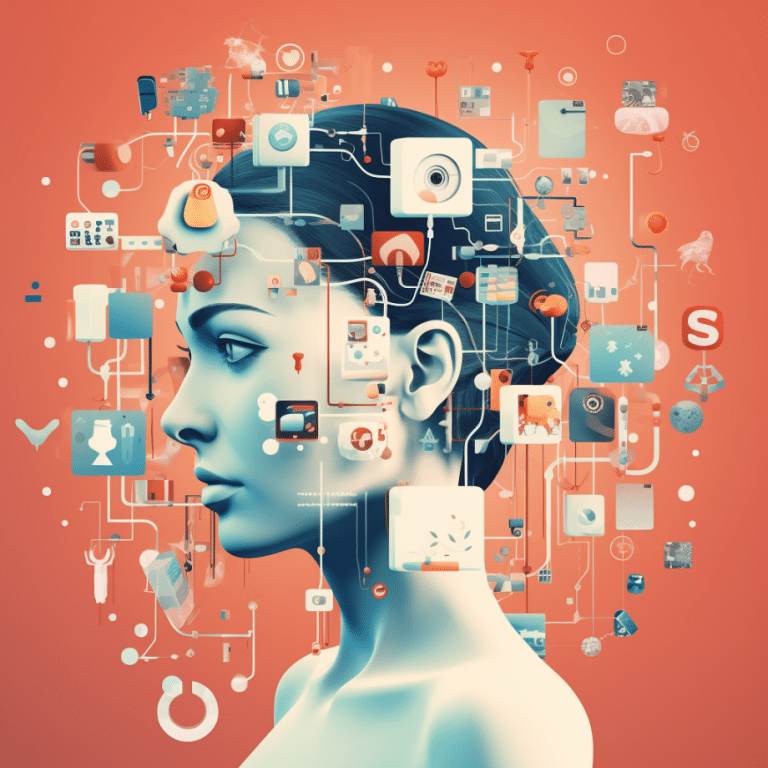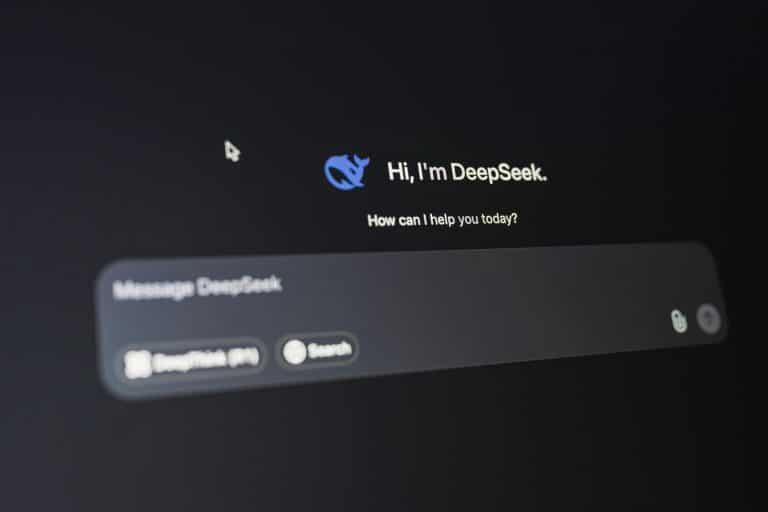The digital landscape is undergoing a transformation, driven by the rapid advancement of artificial intelligence (AI). This evolution is particularly evident in the realm of influencer marketing, where AI influencers are beginning to play a pivotal role.
From the creation of content to its distribution, AI is reshaping how influencers connect with their audience, offering new opportunities and challenges for brands and content creators alike.
The Rise of AI Influencers
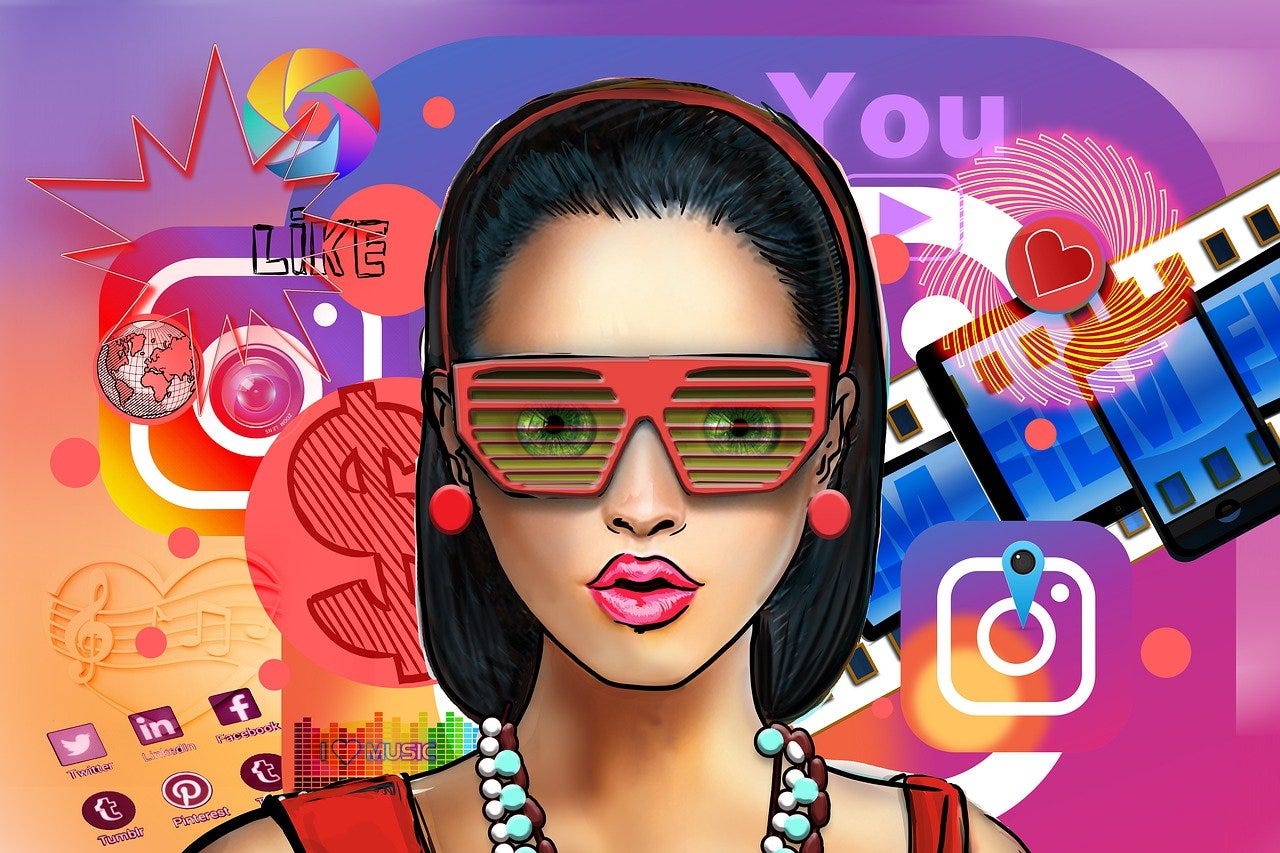
The rise of AI influencers is attributed to the growing sophistication of AI technologies, which enable these digital entities to analyze vast amounts of data, learn from interactions, and even express ’emotions’ that resonate with their followers.
Traditionally, influencer marketing has relied on human influencers, whose ability to connect with audiences is intrinsic to their personal experiences and charisma. However, AI influencers offer a different proposition.
They are not constrained by human limitations, such as the need for rest or the complexities of personal life, allowing for a consistent and persistent online presence. This shift is not without its critics, who argue that the lack of authentic human experience might make AI influencers less relatable. Yet, the popularity of these virtual personalities continues to grow, suggesting that they fulfill a unique niche in the influencer ecosystem.
The emergence of AI influencers represents more than just a novelty; it signifies a broader trend towards the automation and digitization of content creation.
As AI technology continues to evolve, so too does the potential for these virtual influencers to become an integral part of the marketing landscape, challenging traditional notions of authenticity and human connection in the digital age.
How AI is Changing Content Creation
The influence of AI on content creation extends beyond the advent of AI influencers. AI technologies are revolutionizing the way content is generated, curated, and personalized, offering new tools and techniques for human influencers and content creators.
This transformation is driven by several key factors, including the ability of AI to analyze data, recognize patterns, and generate content that is tailored to specific audiences.
AI-powered tools are enabling creators to produce content more efficiently, reducing the time and effort required to generate new material. These tools can assist with various aspects of content creation, from generating ideas and writing drafts to editing and refining the final product.
The use of AI in content creation also facilitates a more personalized approach to influencer marketing. By analyzing audience data, AI can help influencers to understand their followers’ preferences and tailor their content accordingly, enhancing engagement and fostering a deeper connection with their audience.
Moreover, AI is making content creation more accessible. With AI tools, individuals who may lack traditional content creation skills can produce high-quality, engaging material. This democratization of content creation has the potential to diversify the influencer landscape, introducing new voices and perspectives that enrich the digital ecosystem.
The Benefits of Using AI in Influencer Marketing
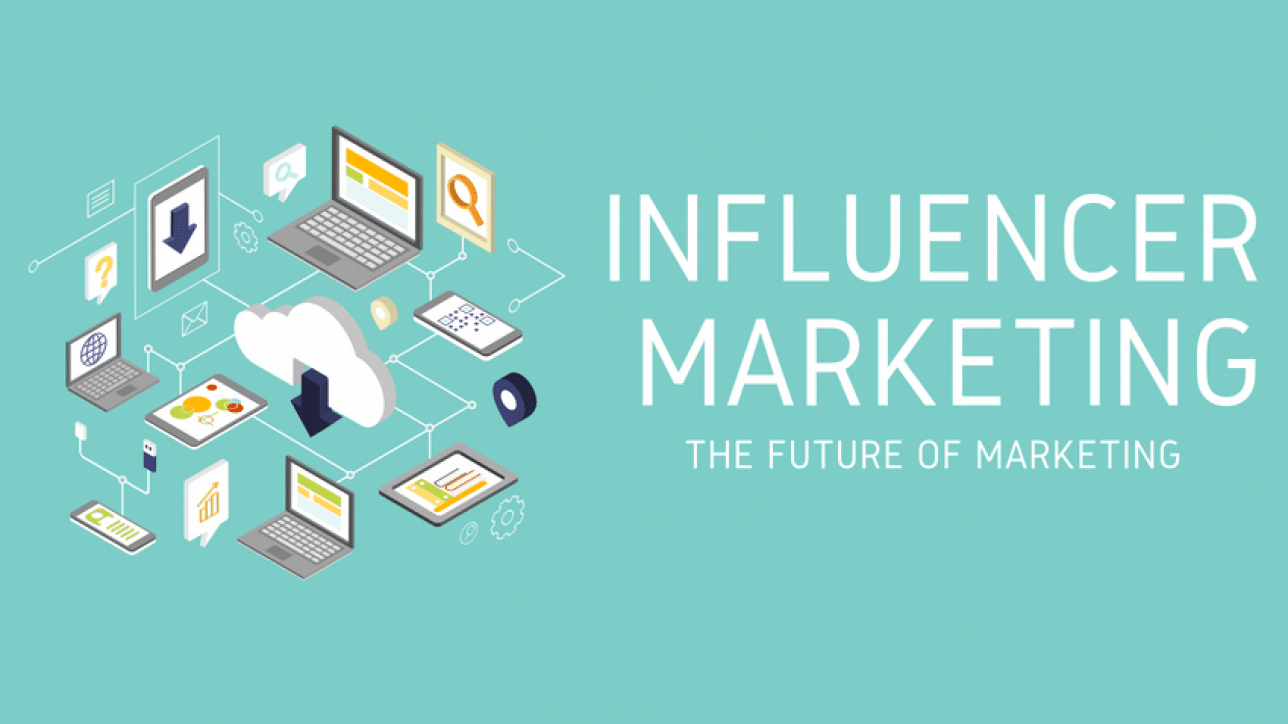
Unlike human influencers, whose capacity for content creation and audience engagement is limited by time and energy, AI influencers can operate around the clock, potentially offering a higher return on investment.
AI also enhances the precision of influencer marketing campaigns. Through advanced data analysis, AI can identify the most effective channels, formats, and messages for reaching specific audience segments. This data-driven approach reduces the guesswork in influencer marketing, allowing for more targeted and effective campaigns.
For audiences, the use of AI in influencer marketing can lead to a more engaging and personalized online experience. AI’s ability to analyze user preferences and behavior enables the delivery of content that is more relevant and appealing to individual users.
This personalization not only enhances user satisfaction but also fosters a sense of connection between the audience and the influencer, whether human or AI.
Examples of Successful AI Influencers
Several AI influencers have already made a significant impact on the digital marketing landscape, demonstrating the potential of this technology to captivate and engage audiences.
Lil Miquela, perhaps the most famous AI influencer, boasts millions of followers on Instagram and has collaborated with high-profile brands and appeared in major fashion magazines. Her success underscores the viability of AI influencers as a marketing tool, capable of generating significant engagement and influencing consumer behavior.
Another example is Shudu, a virtual supermodel created using 3D imaging technology. Shudu has worked with luxury brands and appeared in advertising campaigns, challenging traditional notions of beauty and representation in the fashion industry. These AI influencers, among others, exemplify the diverse ways in which AI can be harnessed to create compelling, influential personalities that resonate with audiences across the globe.
The Future of AI in Influencer Marketing
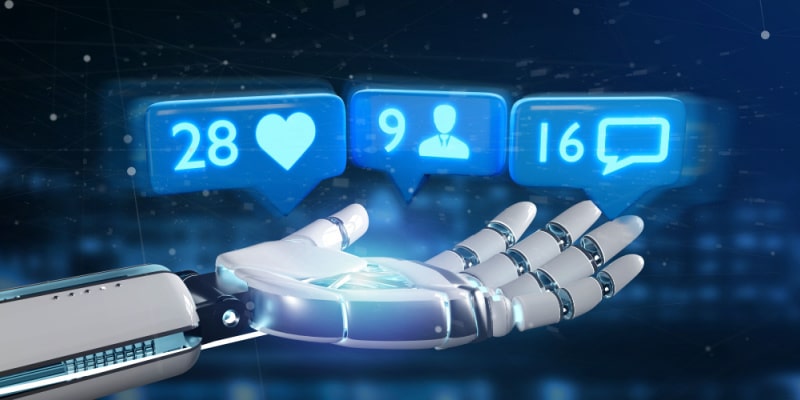
With AI’s ability to analyze detailed audience data, influencers can create content that caters to the specific interests, preferences, and needs of their followers, enhancing engagement and loyalty.
In addition, the proliferation of AI influencers is likely to continue, with more brands exploring the use of virtual personalities to reach new audiences and create unique brand experiences. However, this growth also raises questions about authenticity, transparency, and the ethical implications of AI in social media.
As the influence of AI expands, it will be crucial for the industry to address these challenges, ensuring that AI enhances rather than diminishes the genuine connections that lie at the heart of influencer marketing.
How Businesses Can Leverage AI Influencers
For businesses looking to leverage AI influencers in their marketing strategies, several key considerations can maximize the effectiveness of these virtual personalities. First, it is essential to choose AI influencers whose personas align with the brand’s values and target audience. Just as with human influencers, the compatibility between the AI influencer and the brand is crucial for authenticity and engagement.
Second, businesses should utilize AI’s data analysis capabilities to tailor their campaigns to specific audience segments. By leveraging AI for targeted marketing, brands can ensure that their messages reach the most receptive audiences, increasing the impact of their influencer marketing efforts.
Finally, transparency is key. As the use of AI in influencer marketing grows, so does the importance of being upfront about the nature of AI influencers. By clearly disclosing the use of AI, businesses can maintain trust and credibility with their audiences, ensuring that the innovative use of technology enhances rather than undermines the authenticity of their marketing campaigns.
Conclusion: Embracing the AI Revolution in Influencer Marketing
The integration of AI into influencer marketing marks a significant shift in the digital landscape, offering new opportunities for content creation, audience engagement, and targeted marketing.
As AI influencers continue to gain popularity and AI technologies evolve, the potential for innovative and effective marketing strategies expands. However, the success of AI in influencer marketing will depend on the industry’s ability to navigate the challenges of authenticity, transparency, and ethics.
By embracing the AI revolution with a thoughtful and strategic approach, brands and influencers can leverage the power of AI to create compelling, personalized content that resonates with audiences and drives engagement. In doing so, they can ensure that the future of influencer marketing is not only technologically advanced but also genuinely connected to the needs and interests of the digital community.

